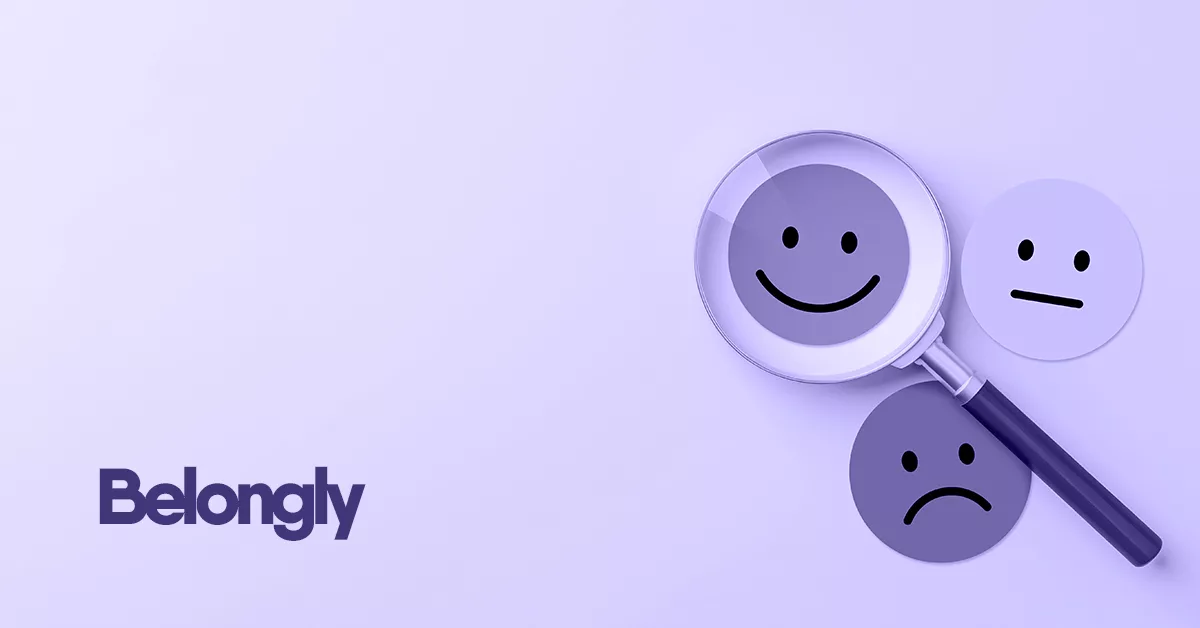The term “addiction” often triggers a strong negative reaction in many people, leading them to shy away from associating themselves with it. When the word comes to mind, images of individuals struggling with severe substance abuse or those grappling with alcoholism frequently dominate our thoughts. However, addiction is a complex condition that affects a significant portion of the population, manifesting in various forms.
Addiction does not solely pertain to substances like drugs or alcohol. It can also encompass behavioural patterns that take on addictive qualities. This includes activities such as gambling, overindulgence in sex, or even seemingly benign pursuits like exercise or work. Often, we overlook these less obvious forms of addiction, which can be just as impactful on our lives and well-being.
This piece invites readers to reconsider the concept of addiction and the people it affects. By reflecting on the behaviours we engage in to alleviate our inner struggles, we might uncover a deeper understanding of our own habits. Recognising and acknowledging these patterns can be a crucial step toward healing and personal growth.
Moreover, embracing a broader perspective on addiction can help reduce the stigma associated with it. By fostering a more compassionate understanding of addiction in …
When someone leaves a narcissistically abusive relationship, their next romantic partner enters uniquely challenging territory. These partners—whom I call Secondary Survivors—find ...
Reading Time: 8 minutesTherapists often instinctively put patients’ needs above their own, making them more susceptible to burnout. Discover 5 tips for maintaining work-life balance as a therapist, so you can avoid burnout and ensure the sustainability for of your practice.
Reading Time: 8 minutesClient-centered treatment approaches have been shown to increase retention and reduce relapse. Here is a guide on using client-centered treatment techniques in your practice.
Setting your rates as a therapist is a bit of a balancing act. You want to provide affordable care to your clients ...
Ask a room of therapists whether it’s better to generalize or find a niche, and you will likely find opinions on both ...
As therapists, we routinely ask our clients how they are doing, but there is an equally important question we should be asking ...
The relationship between therapist and client is the foundation of any successful treatment. But what are the components of a strong therapeutic ...
Money is often a fraught issue, particularly for therapists. We specialize in talking about difficult subjects, but somehow, the subject of money ...
Twenty percent of psychotherapy patients end treatment prematurely, against the advice of their providers. When a client terminates too soon, it can ...
Therapists are often hesitant to “sell” their services. Some are afraid of sounding self-promoting, while others simply don’t know where to start. ...
What do you value most about your work as a therapist? Chances are, it’s not paperwork, billing, scheduling, and other administrative duties. ...
For the third year in a row, therapists are facing an increased demand for mental health care. Caseloads are maxed out, waitlists ...
Prior to September 2021, Jeff Guenther was a therapist like any other. He had a private practice in Portland, Oregon, and ran ...
Imagine being a patient who has made the difficult and courageous decision to start therapy. You open up your browser and type ...
How would you feel if your sessions with patients were recorded, your words and exchanges then analyzed by AI to assess efficacy? ...
The correlation between patient experience and clinical outcomes is well-documented in medical settings. Research has shown that when patients feel understood, listened ...
With the advent of telehealth, patients seeking mental health services no longer have to limit their searches to therapists within driving distance. ...
The use of AI in mental health care has inspired its share of controversy, but if you refuse to use anything bot-related, ...

























